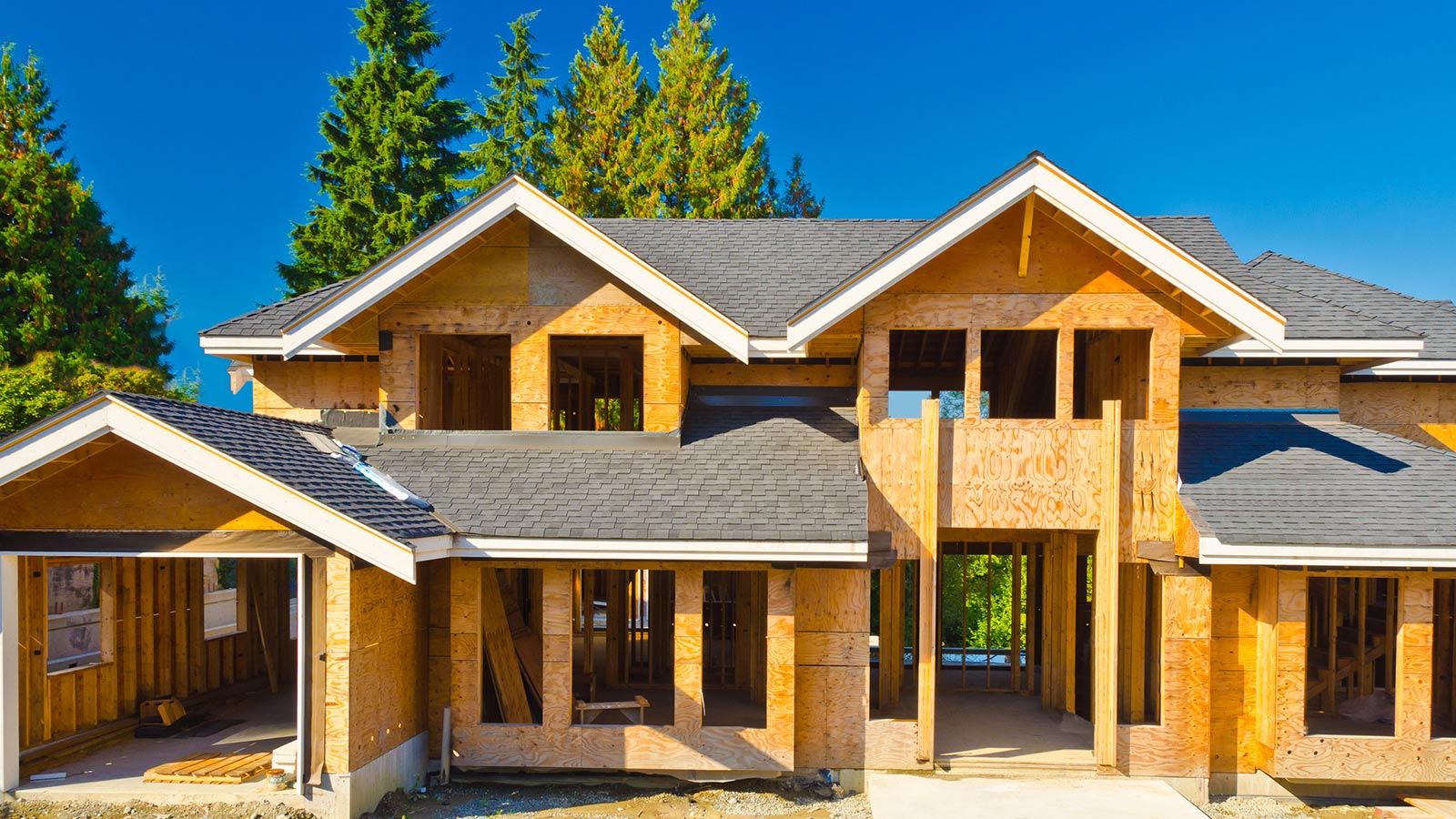
Property Taxes Just Went Up? We’ve Got You Covered!
It’s reassessment season for most folks in our area. Homeowners

The appraisal has been ordered. Things are moving forward. You can see the closing table in the distance! Your Realtor calls and tells you that the appraisal came back just fine. Good news! Not so fast, though. There are repairs, and you’re going to have to fix them. Here’s a list of a few things you can do to move the process along, and ensure that the all the repairs are complete when the appraiser comes back. But first, let’s consider a couple of reasons why a final inspection is needed.
Now that you have an idea of what a final inspection is, and when they might be ordered, here are three tips to getting through the process quickly and successfully.
Whether you’re a builder, banker, or Realtor, these are tips you can easily implement into your business that can make a huge impact on your closing. By following these simple examples, you can reduce the amount of time it takes to get a final inspection back, and also prevent multiple trips made by the appraiser.
If you have any questions about the final inspection process, or about the appraisal process in general, feel free to give us a call anytime!

It’s reassessment season for most folks in our area. Homeowners

I feel like we all need a laugh. How about

So this may be a slight break from the norm,
Riverfront Appraisals has been providing comprehensive valuations of residential properties to Western Kentucky and Southwestern Indiana since 2008.